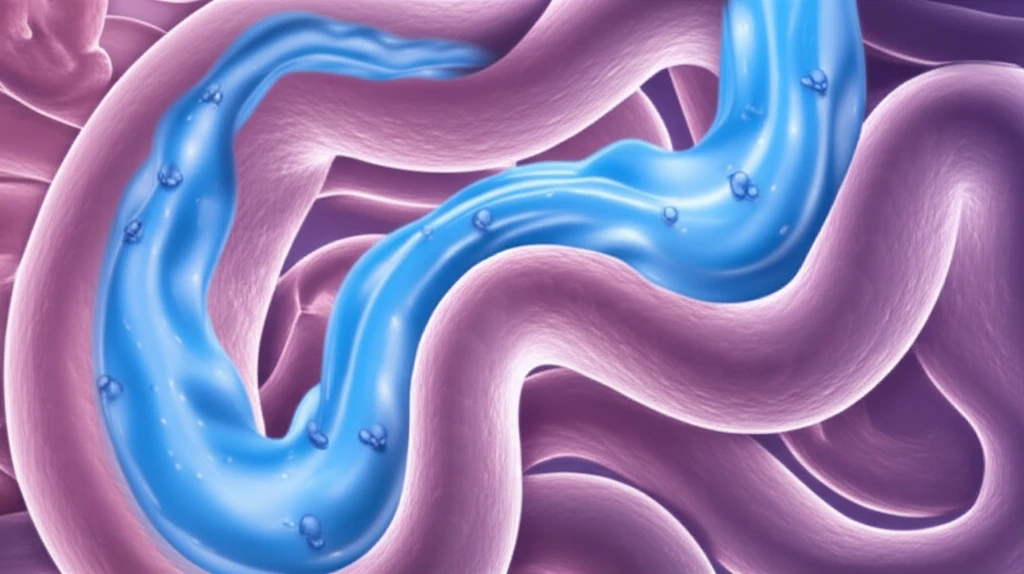
Could Gadolinium Hold the Key to Calming Inflamed Bowels? New Research Shows Promise
"Scientists explore how gadolinium chloride could reduce inflammation in colitis, offering a potential path to new treatments."
Inflammatory bowel disease (IBD) is a frustrating puzzle for both doctors and patients. The condition, which includes ulcerative colitis (UC) and Crohn's disease, involves chronic inflammation of the digestive tract. While the exact cause remains unknown, it's understood that IBD involves a mix of genetic predisposition, immune system dysfunction, and environmental factors. Current treatments often focus on managing symptoms, but scientists are constantly searching for new ways to target the root causes of inflammation.
One promising area of research focuses on neutrophils, a type of white blood cell that plays a key role in the immune system. In IBD, neutrophils can become overactive and contribute to the damaging inflammation in the gut. These cells release harmful substances, including reactive oxygen species and enzymes, that can injure the intestinal lining. Therefore, finding ways to control neutrophil activity could offer a new approach to treating IBD.
A recent study published in Naunyn-Schmiedeberg's Archives of Pharmacology investigates the potential of gadolinium chloride (GdCl3) to reduce inflammation in a mouse model of colitis. The research explores how GdCl3, known for its effects on certain immune cells, impacts neutrophil function and oxidative stress in the colon. The findings suggest that GdCl3 could offer a beneficial tool in managing colon inflammation.
How Does Gadolinium Chloride Impact Colitis?

The study, led by researchers Meriem Ferrat, Hichem Moulahoum, and colleagues, examined the effects of GdCl3 on mice with acetic acid-induced colitis, a model that mimics the inflammation seen in human IBD. They administered GdCl3 to the mice and then assessed various markers of inflammation in the colon, including neutrophil infiltration, enzyme activity, and oxidative stress levels. They also conducted in vitro experiments to understand how GdCl3 affects neutrophil function directly.
- Reduced Neutrophil Infiltration: GdCl3 significantly decreased the number of neutrophils migrating into the colon, thereby reducing a major source of inflammation.
- Decreased Oxidative Stress: GdCl3 lowered levels of harmful substances like nitric oxide (NO) and malondialdehyde (MDA), which contribute to tissue damage.
- Restored Antioxidant Activity: GdCl3 boosted the activity of protective enzymes like catalase (CAT) and superoxide dismutase (SOD), helping to restore balance in the colon's redox state.
- Promoted Neutrophil Apoptosis: GdCl3 encouraged programmed cell death (apoptosis) in neutrophils, preventing them from releasing inflammatory substances.
The Future of Gadolinium Chloride in IBD Treatment
While these results are promising, it's important to remember that this study was conducted in mice. More research is needed to determine whether GdCl3 would have the same effects in humans with IBD. However, the findings offer a potential new avenue for developing treatments that target neutrophil activity and oxidative stress. Further studies are needed to evaluate the safety and efficacy of GdCl3 in human clinical trials. If successful, this could lead to new and improved therapies for managing IBD and improving the quality of life for millions of people.
